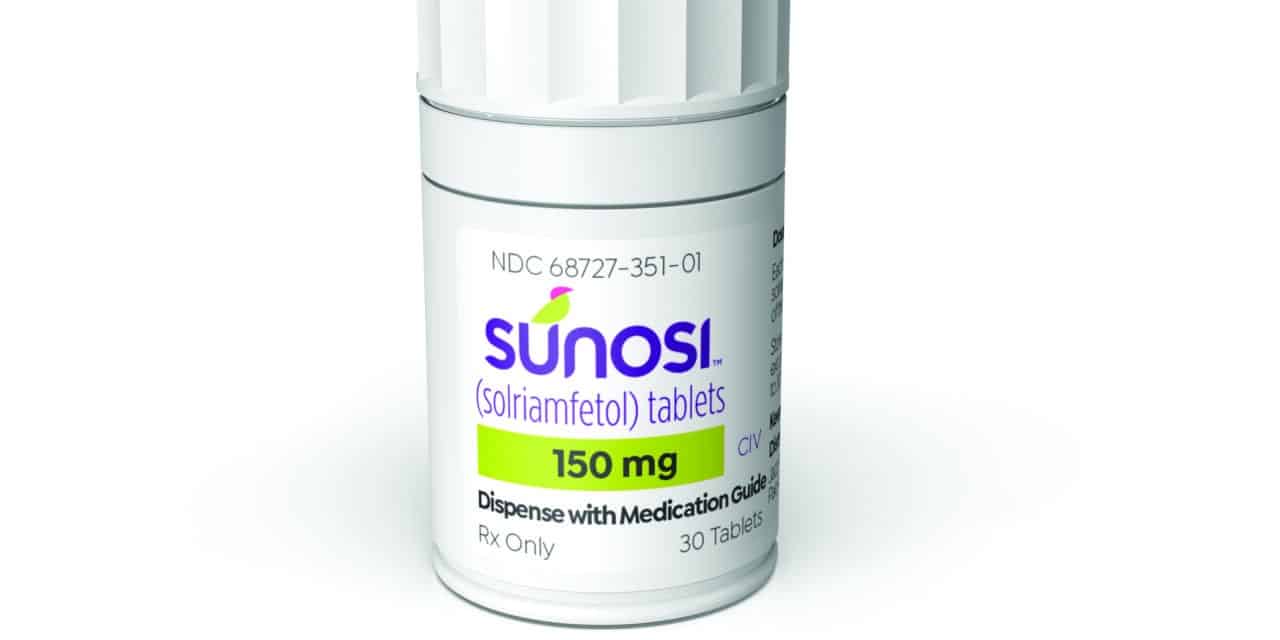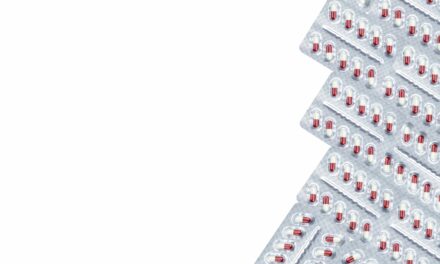Axsome Therapeutics Inc reported first-quarter corporate updates, noting a 13% year-over-year increase in prescriptions for Sunosi (solriamfetol), used to reduce excessive daytime sleepiness in adults with narcolepsy or sleep apnea.
“Based on the performance in the quarter, we are pleased that our marketed products are making a difference in the lives of a growing number of patients…At the same time, our broad late-stage pipeline continues to advance with important near and intermediate-term clinical and regulatory milestones, including pivotal trial initiations, read-outs, and NDA filings,” says Herriot Tabuteau, MD, chief executive officer of Axsome, in a release.
Sunosi maintains broad payer coverage in the commercial channel with 96% of lives covered. Currently, 83% of total lives across all channels are covered, according to the company. Axsome’s patient and provider support services for Sunosi, including the Sunosi Savings Card, continue to perform as planned.
In February 2023, Axsome licensed the marketing rights for Sunosi in Europe and certain countries in the Middle East and North Africa to Pharmanovia. In consideration, Axsome received an upfront payment of $66 million, with potential milestones of up to $101 million. Axsome will receive a royalty percentage in the mid-20s on net sales in the licensed territory. Pharmanovia will assume responsibility for all local clinical and regulatory activities and requirements, including studies in pediatric patients with narcolepsy.
Axsome also continues to advance AXS-12 (reboxetine), a novel, oral, potent, investigational highly selective norepinephrine reuptake inhibitor for the treatment of narcolepsy. AXS-12 has been granted US Food and Drug Administration Orphan Drug designation for the treatment of narcolepsy.
Axsome is conducting the SYMPHONY (Study Evaluating a Mechanistic Approach to Treating Narcolepsy) study, a phase 3 randomized, multicenter, double-blind, placebo-controlled, parallel-group trial of AXS-12 in the treatment of narcolepsy. Enrollment in the trial is progressing.
Topline results from the SYMPHONY study are anticipated in the second quarter.





